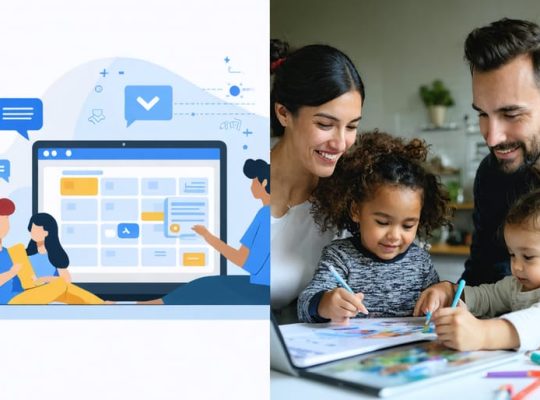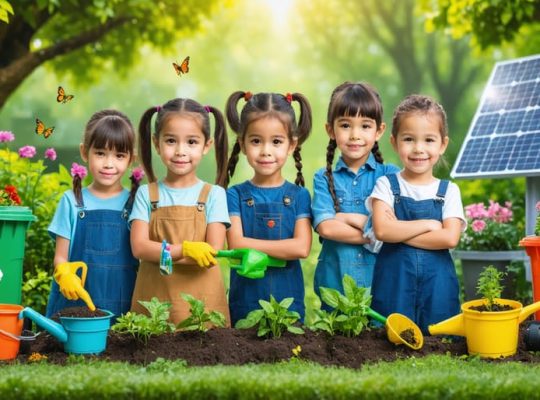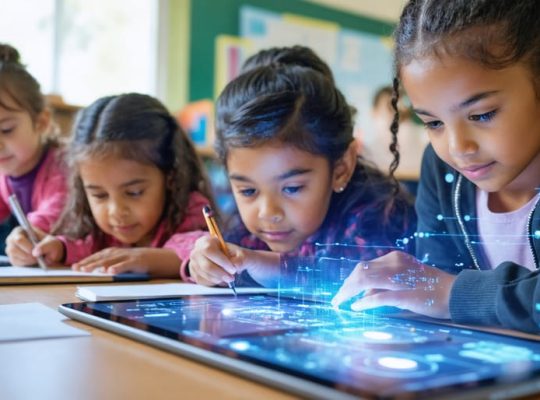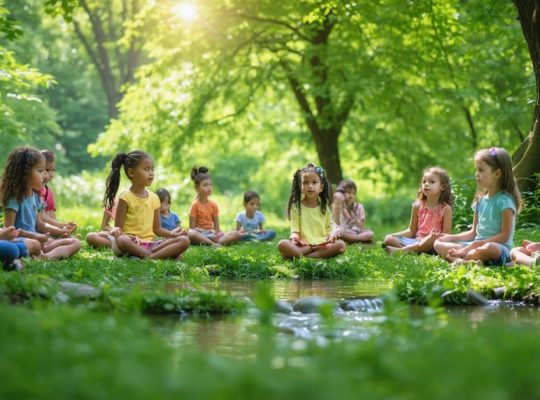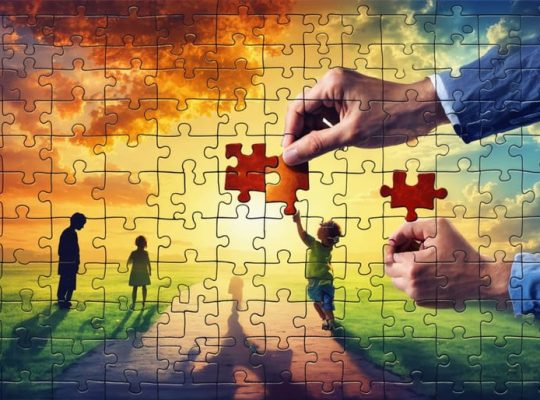Co-Parenting vs Parallel Parenting: Which Approach Best Protects Your Child’s Mental Health?
When your co-parenting journey takes an unexpected turn, understanding the crucial difference between co-parenting and parallel parenting can transform your family’s path forward. While both approaches prioritize children’s wellbeing after separation, they serve distinctly different family dynamics and emotional landscapes.
Co-parenting flourishes when former partners maintain a respectful, collaborative relationship, working together on daily decisions and attending important events as a unified front. Parallel parenting, alternatively, offers a structured solution for high-conflict situations, allowing parents to …

